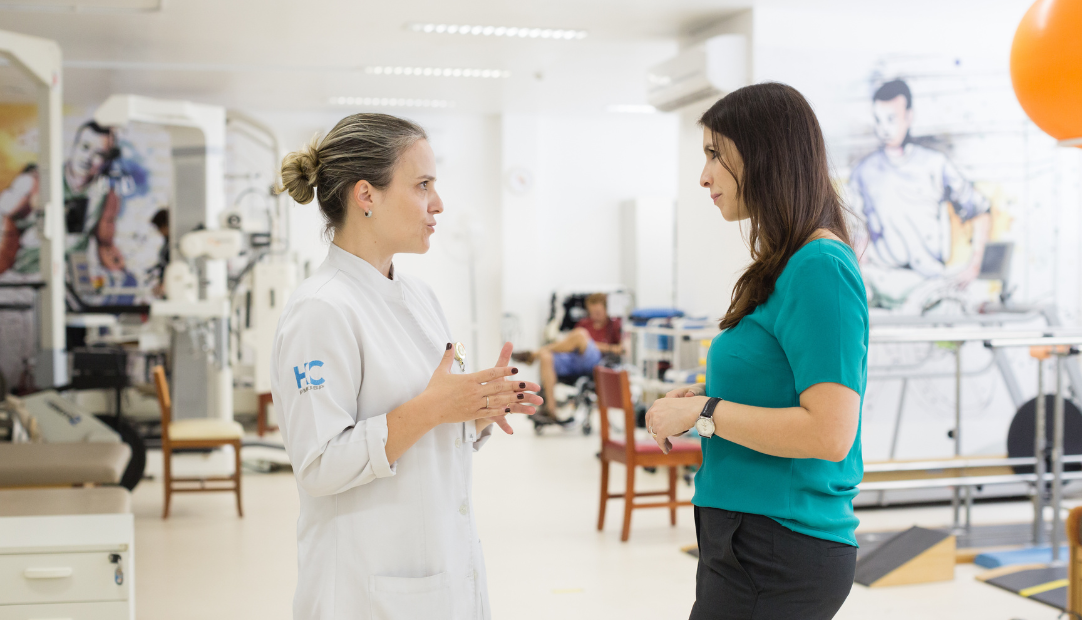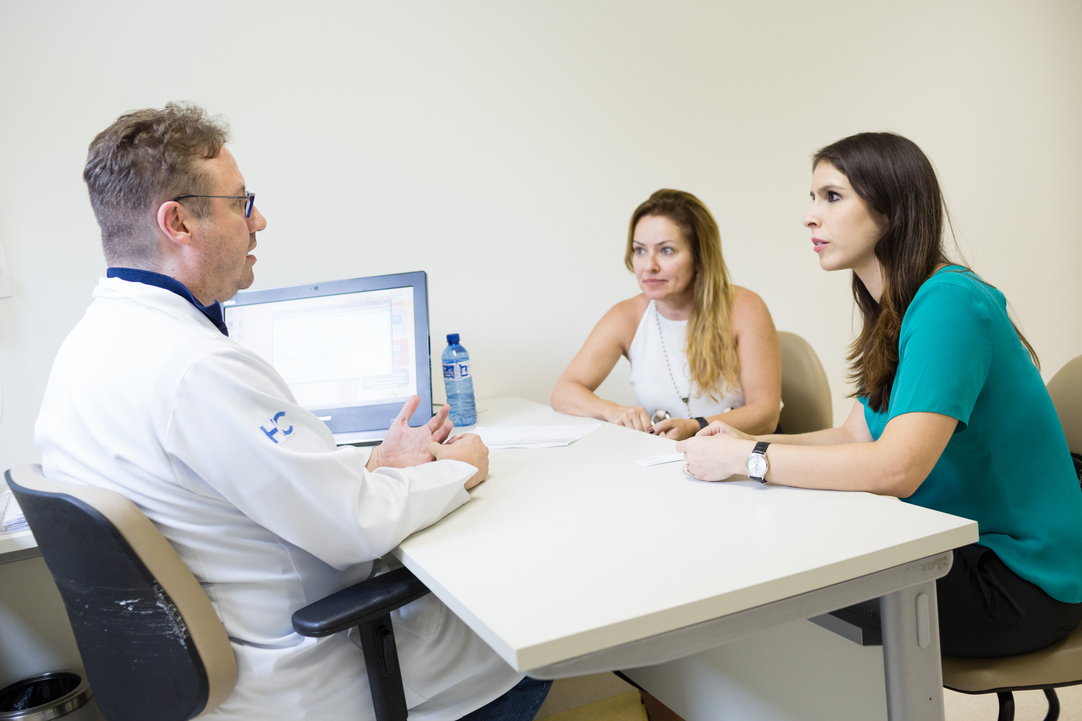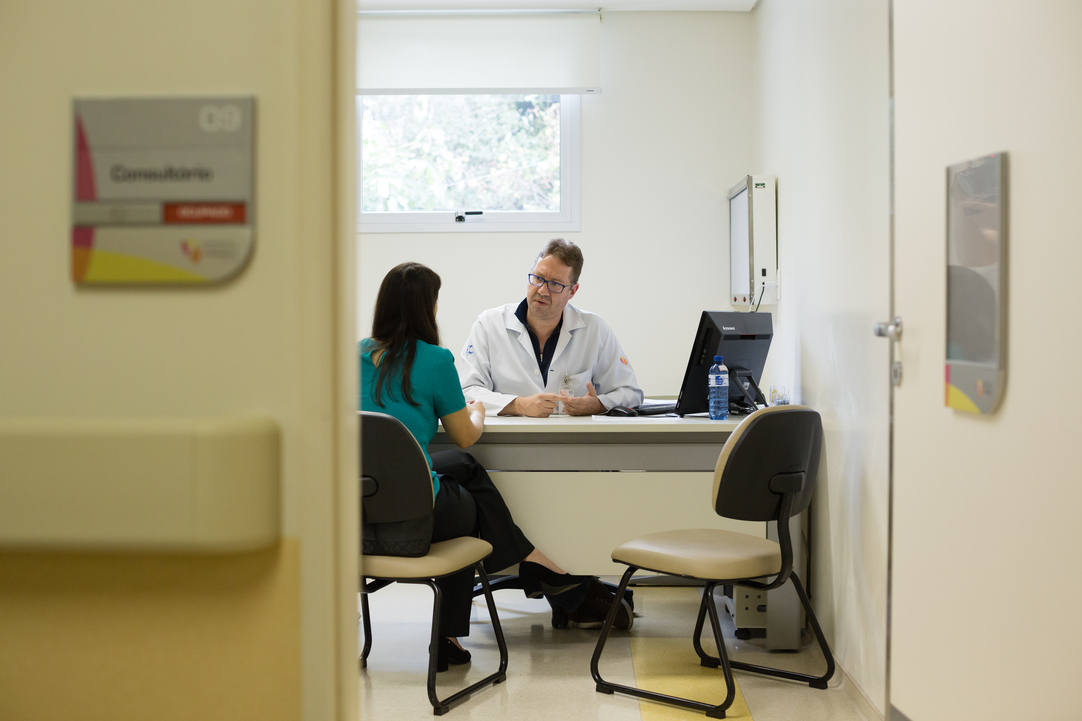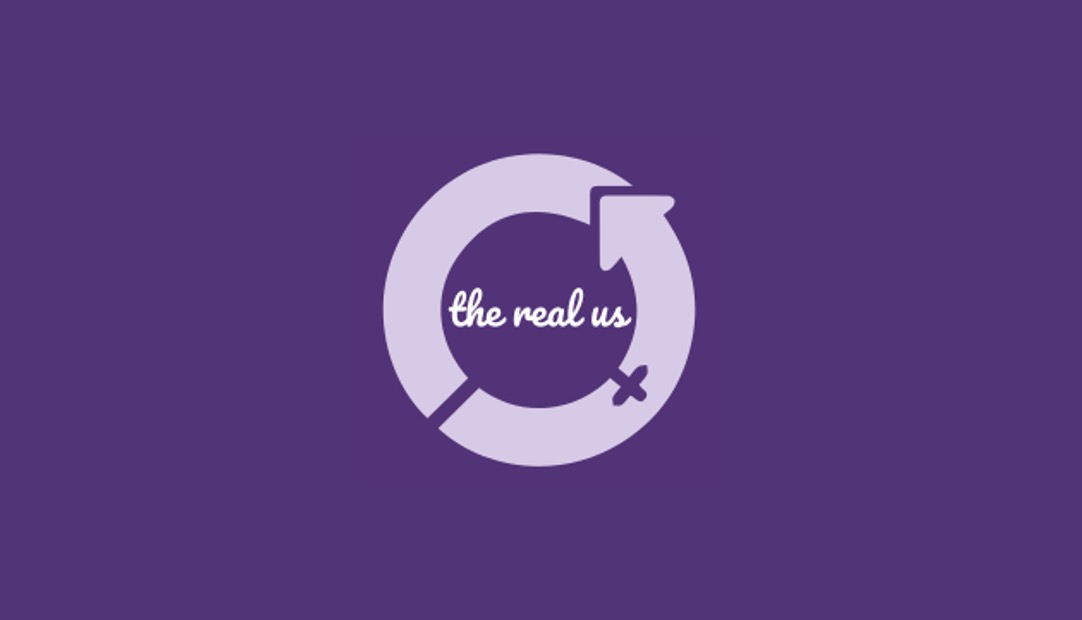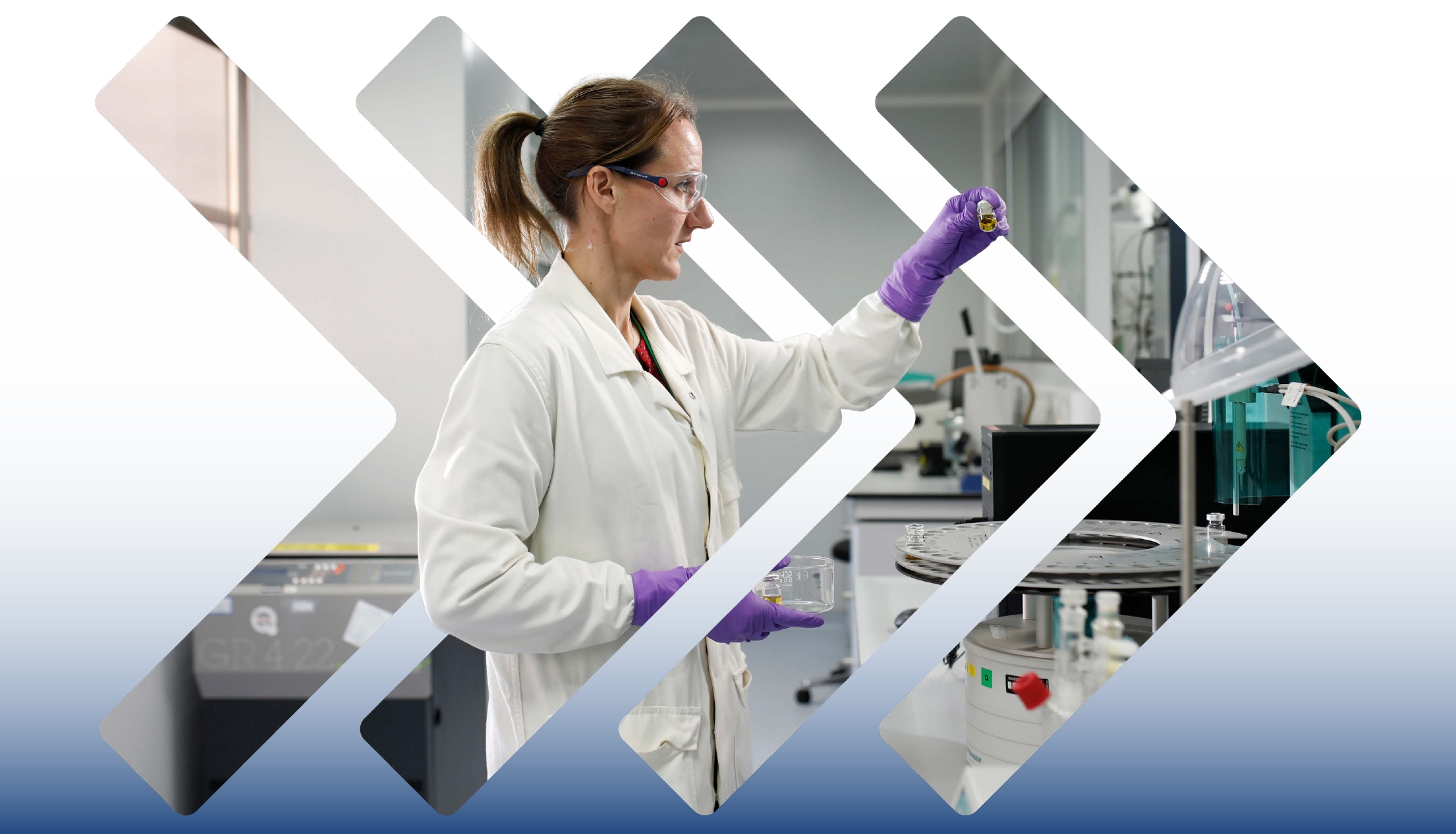Four programs, one goal: exploring Ipsen’s Commercial Learning & Development opportunities
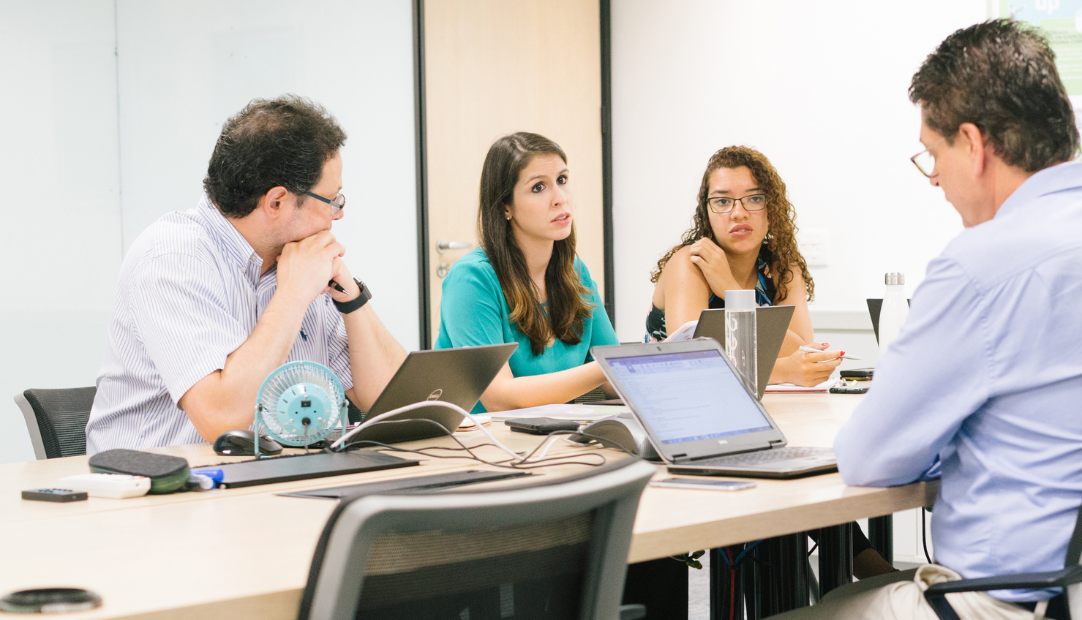
How do you build best-in-class Commercial Learning & Development programs? We go behind the scenes with the experts: Guillermo Castillo Acero, Head of LATAM and General Manager of Brazil; Audrey Bergeron, Commercial Training Technology Manager, Global; and Marina D’Ascoli, Commercial Training Manager (Italy).
When it comes to learning and development, Guillermo Castillo Acero’s watchword is alignment. “Any successful program must align with the overall strategy,” says the Head of LATAM and General Manager of Brazil. “That was ground zero when we started developing Ipsen’s Commercial Learning & Development programs.”
Through collaboration between global and local teams, Ipsen has created centralized programs for its international field force, preparing teams to work with healthcare professionals (HCPs). This includes the ADAPT program, a microlearning platform, a standardized certification and an integrated onboarding blueprint experience.
Microlearning grounded in best practice
Ipsen’s microlearning platform employs a range of best practices to help users learn.
First, the program employs the principle of glocalization. “The platform exemplifies this kind of collaboration,” explains Audrey Bergeron, Commercial Training Technology Manager. “It was developed together with peers in several regions, leveraging global expertise and local insights to create impactful trainings.”
Second, the microlearning platform relies on best practices in neuroscience and adult learning to teach effectively. For example, trainings repeat questions at spaced intervals, helping users overcome ‘the forgetting curve’, a timeline of 30 days in which nearly 80% of knowledge is lost. By spreading out sessions, users can improve long-term retention.
Third, the platform uses a gamified approach, leveraging the brain’s reward systems to increase engagement. Users can earn points and access a leaderboard, enabling healthy competition among colleagues. This has proven especially effective for field team members, who thrive in competitive environments.
All of this has resulted in greater motivation and knowledge retention. “We wanted it to be clear for the field force that this wasn’t an evaluation” notes Audrey Bergeron. “Once people viewed the learning modules as fun, multiple-choice quizzes, participation jumped.”
A standardized approach to certification
Another core element of Ipsen’s approach is certification. Crafted by a team of 15 global and local experts, the certification program ensures that Ipsen’s field force can engage meaningfully with HCPs and strengthen ties with the healthcare community.
“In Italy, we used to periodically assess our representatives’ knowledge of each local product,” says Marina D’Ascoli, Commercial Training Manager. “The new certification program lets us train employees continuously and in a standardized fashion, which is more efficient and consistent.”
With standardized certification, Ipsen can more easily benchmark individual progress, while gaining a global view of knowledge levels within the company. “Our aim is twofold,” says Marina D’Ascoli. “To build high levels of scientific excellence overall and ensure equivalent knowledge from one field team member to the next.”
Zooming in on ADAPT
Alongside the microlearning platform and certification program, the new suite of Ipsen’s Learning & Development programs includes ADAPT. This transformative program focuses on pharmaceutical promotion, sharpening our field forces’ core skills. The goal is to cultivate the mindset needed to offer HCPs the right solutions, at the right time for their patients.
Designed by the Learning & Development team, the ADAPT program helps develop professional social skills, teaching users how to build trust, relationships and self-confidence. The training is comprehensive to mentally and emotionally prepare our field force to meet with HCPs.
Bringing onboarding into the fold
Onboarding may seem like the odd man out in the Learning & Development program, which mostly concerns ongoing learning. But Ipsen’s experts were keen to include it. “Onboarding is the foundation of employee knowledge,” says Guillermo Castillo Acero. “We want new hires learning from the first day.”
The team saw a strong case for improving onboarding. Studies have shown that well-designed onboarding programs can increase new employee productivity by 70%[1], and improve three-year employee retention rates by 69%[2]. More broadly, strong onboarding can reduce turnover, lower replacement costs, increase employee satisfaction and enhance employer branding.
“This onboarding process is more formalized, creating a stronger connection between managers and new employees,” says Guillermo Castillo Acero. “It reinforces our position that people are the cornerstone of our success, preparing the field force to thrive.”
The results are in
For Ipsen’s Learning & Development experts, the new program is a triumph of collaboration. “I truly encourage other departments to adopt this approach,” says Audrey Bergeron. “Yes, including both global and local input will add time up front. But having everyone’s buy-in makes for higher-quality work, faster execution and seamless implementation.”
“I regularly receive positive feedback from HCPs about our field forces’ knowledge and professionalism,” concludes Guillermo Castillo Acero. “For me, there is no greater proof of the Learning & Development programs’ success. We are clearly equipping our teams with the skills they need, and the healthcare community is taking note.”
References
- American Management Association
- Society for Human Resource Management


